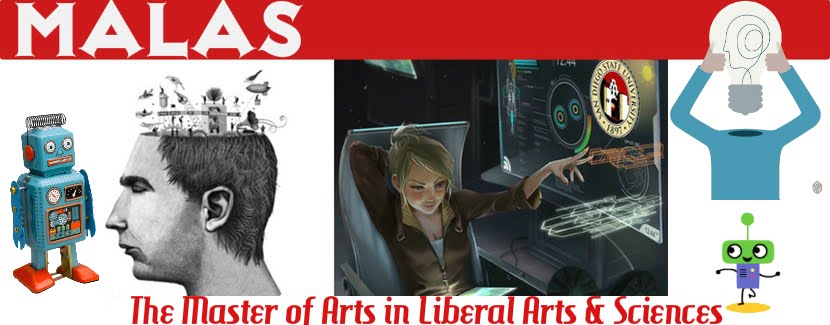Europe and Terrorism
MALAS 600C /European Studies 501 | T 16:00-18:40 GMCS 307
Professor Veronica Shapovalov
In this course we shall explore the complex historical, cultural, and moral dimensions of terrorism—one of the central political and moral issues of the 21st century. How did “modern” terrorism evolve in Europe? Why has terrorism become the growing problem in Europe? What is the role of European governments in controlling terrorism? What can the artists’ insights in terrorism teach us about both the concept of terror and the reality of terrorists’ attacks? How do the unimaginable become reality?Together we shall explore and analyze
* extremist ideologies and religious intolerance in the European cultural context
* many kinds of terrorism that has been existing in Europe
* the morality of political violence in general and terrorists’ violence in particular
* the issues of gender and terrorism
* complexity of ideological and cultural dimensions of terrorism
I hope to keep lecturing to a minimum. Class discussion is the heart of this course.
Professor Veronica Shapovalov, Department of European Studies
Professor Veronica Shapovalov teaches at the Department of European Studies in the European Studies and Russian Programs. I earned my diploma in Germanic Philology from St. Petersburg State University, M. A. in English Literature from University of Illinois, Springfield, and Ph.D. in Slavic Studies from University of Illinois, Champaign-Urbana. In Russia I studied at the State Hermitage Museum in St. Petersburg. I have been teaching at SDSU for more than 30 years. My field of research is ego-documents--autobiographies, memoirs, letters, journals--of women prisoners of Soviet labor camps and prisons, of women who were deported in 1941 from the Baltics to Siberia and memoirs of children whose parents were arrested as enemies of the people in the Soviet Union in 1930s. Ego documents make you look at historical and political events through the eyes of witnesses, victims, even perpetrators. That is why Europe and Terrorism is one of my favorite courses. In this course we’ll look at the acts of terror through the eyes of perpetrators and their relatives, bystanders, victims, historians and political analysts. I worked in the archives of Memorial—the organization that collects and preserves documents related to political repressions in the Soviet Union. The result of my work is a book Remembering the Darkness: Women in Soviet Prisons. I did extensive research on violence against women in the Soviet labor camps (“Sestrenki, mamki, damki: zhenshchiny i nasilie v GULAGe (Sisters, Moms, Broads: Women and Violence in the GULAG) and several other articles. I am the editorial board member of the journal Gulag Studies.












